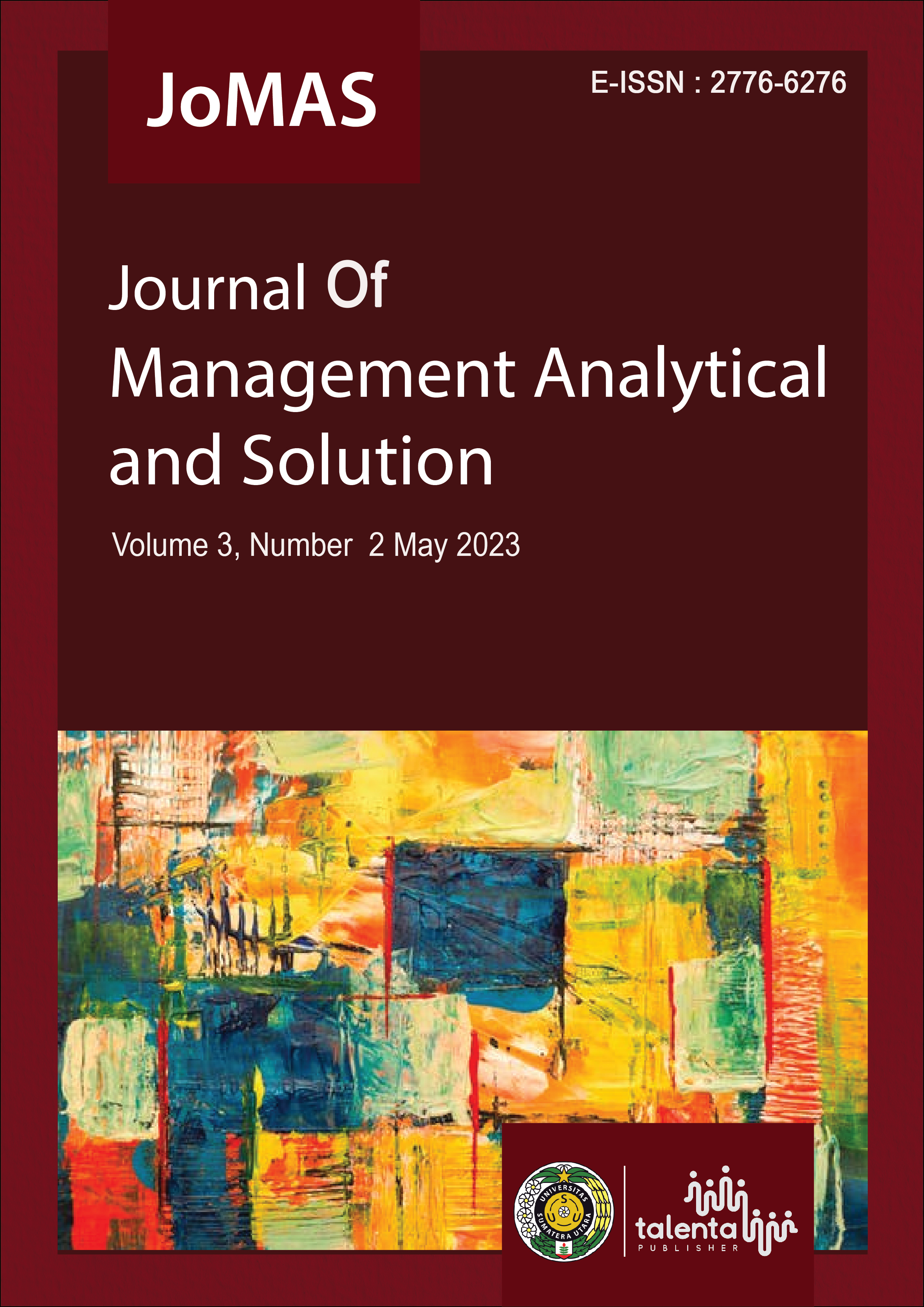Regional Comprehensive Economic Partnership (RCEP) on agricultural products
DOI:
https://doi.org/10.32734/jomas.v3i2.11143Keywords:
Intra-industry Trade, RCEP, Agricultural SectorAbstract
Intra-industry trade plays an important role in the current international economics literature. In 2019, Indonesia's total exports to RCEP member countries reached 61.65% of Indonesia's total exports, and 44% of total exports to RCEP came from the agricultural sector. The purpose of this research is to examine the interdependence of Indonesia and its 14 trading partners in RCEP. This research uses secondary time series data from the trademap, namely the flow of Indonesian agricultural trade with RCEP countries from 2010-2019. The data analysis method in this study is the intra-industry trade index. The results of the study of trade patterns identified through the Indonesia-RCEP Trade Relations (IIT) show that the raw material with the highest average IIT value is processed flour (HS 19). This shows that Indonesia's RCEP trade in flour products (HS 19) is bilateral. In terms of country, Malaysia is a country with the strongest trade relations with Indonesia. The average score of 19.74 between IIT Indonesia and RCEP reflects that the relationship between Indonesian agricultural products and RCEP is still low and classified as inter-industry trade. The low IIT value may be due to the large one-way trade in RCEP, where Indonesia is still the dominant importer. Therefore, it is important for the government to further increase potential commodity exports by encouraging agricultural product processing industries with tax breaks within a certain period.
Â
Downloads
Downloads
Published
Issue
Section
License
Copyright (c) 2023 Journal Of Management Analytical and Solution (JoMAS)

This work is licensed under a Creative Commons Attribution-ShareAlike 4.0 International License.














